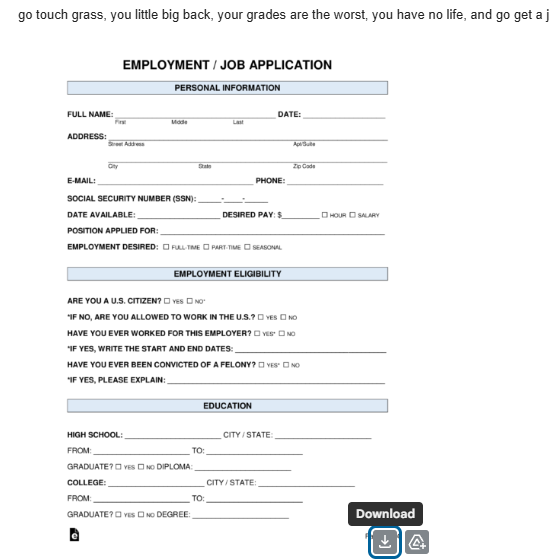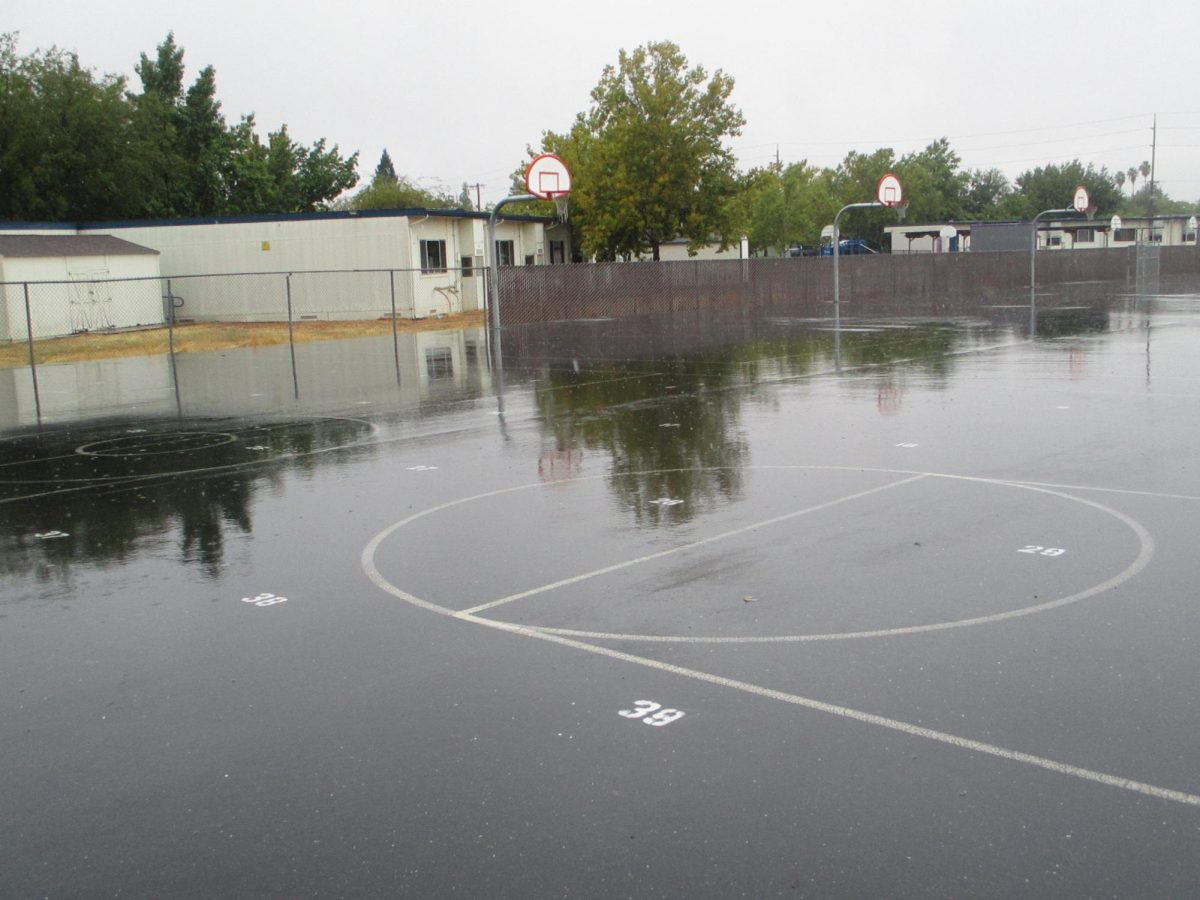Many teens spend hours a day staring at a screen and scrolling through social media. On average, most teens spend between one to five hours online each day. Spending this much time on a screen can have major impacts on them.
One major impact is addiction. This could include spending excessive time on social media, experiencing withdrawal symptoms when not online, or feeling a strong urge to be on a phone all day long.
Social media obsession can also lead to mood swings and poor mental health. An estimated 27% of children who spend three or more hours a day on social media experience symptoms of poor mental health or depression.
Spending too much time scrolling can affect academic performance as well. Students may choose to watch their endless feed instead of completing schoolwork, both during and after class. This behavior can put their grades at risk and may affect their eligibility for programs like AVID or honors classes.
For some, social media provides a rush of adrenaline. When someone posts, they often expect notifications, likes, comments, and shares. If they don’t get the attention they hoped for, it can lead to feelings of disappointment or even despair. They might then spend more time posting in an effort to figure out what gets more engagement. This cycle can be draining and may lead to more serious issues like depression or anxiety.
While social media can offer positive content like life hacks or fun entertainment, once you become addicted, the negative effects can be endless. That’s why it’s recommended to limit screen time and use social media in moderation whenever possible.
Panther Press serves as the voice of the journalism students at Glen Edwards Middle School. The views on this site do not reflect the views of WPUSD or the admin at GEMS. Our goal is to promote student expression and provide a platform for diverse voices and viewpoints within our campus community.































